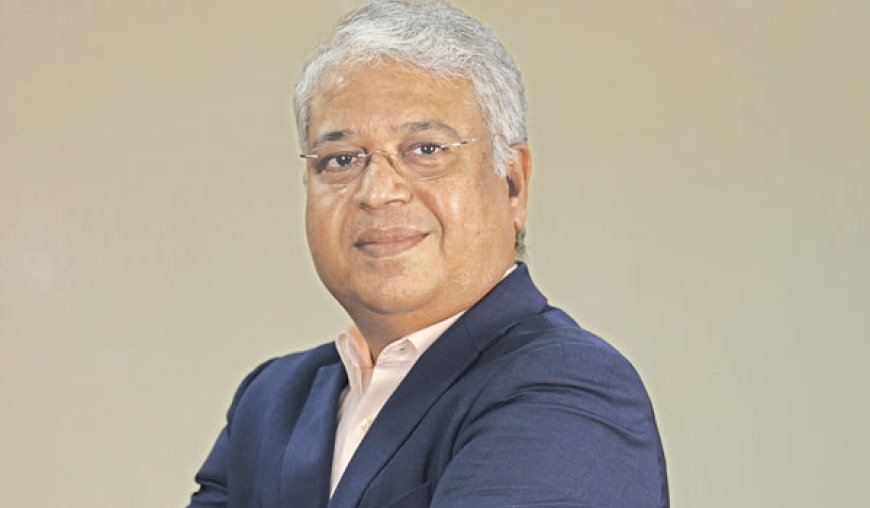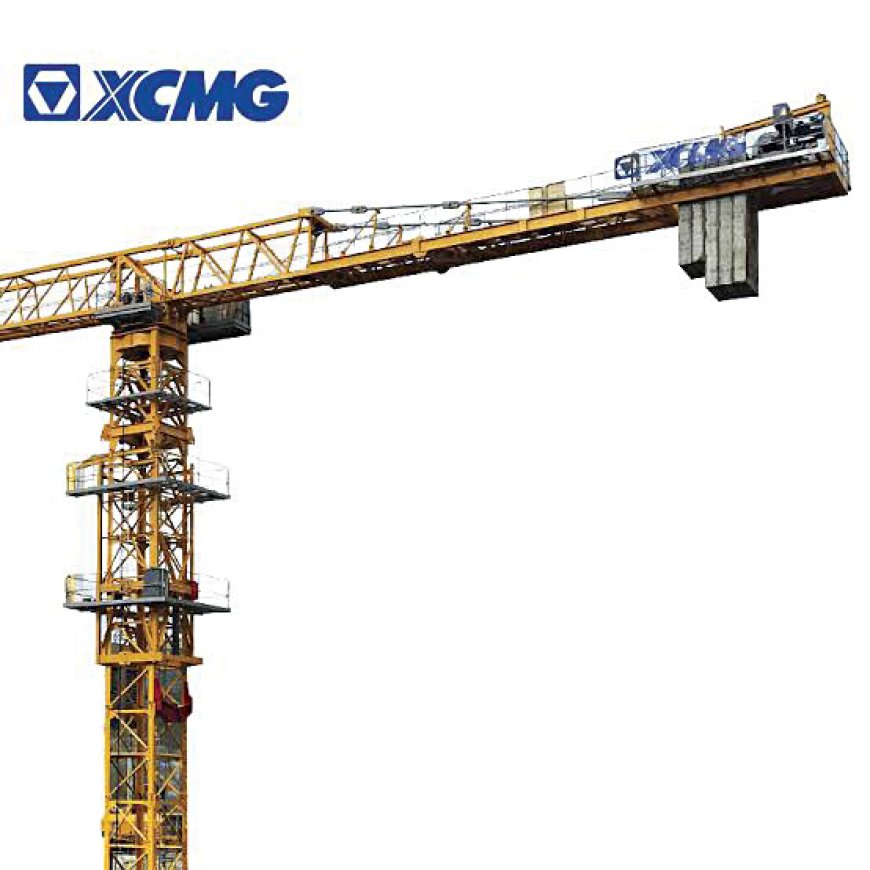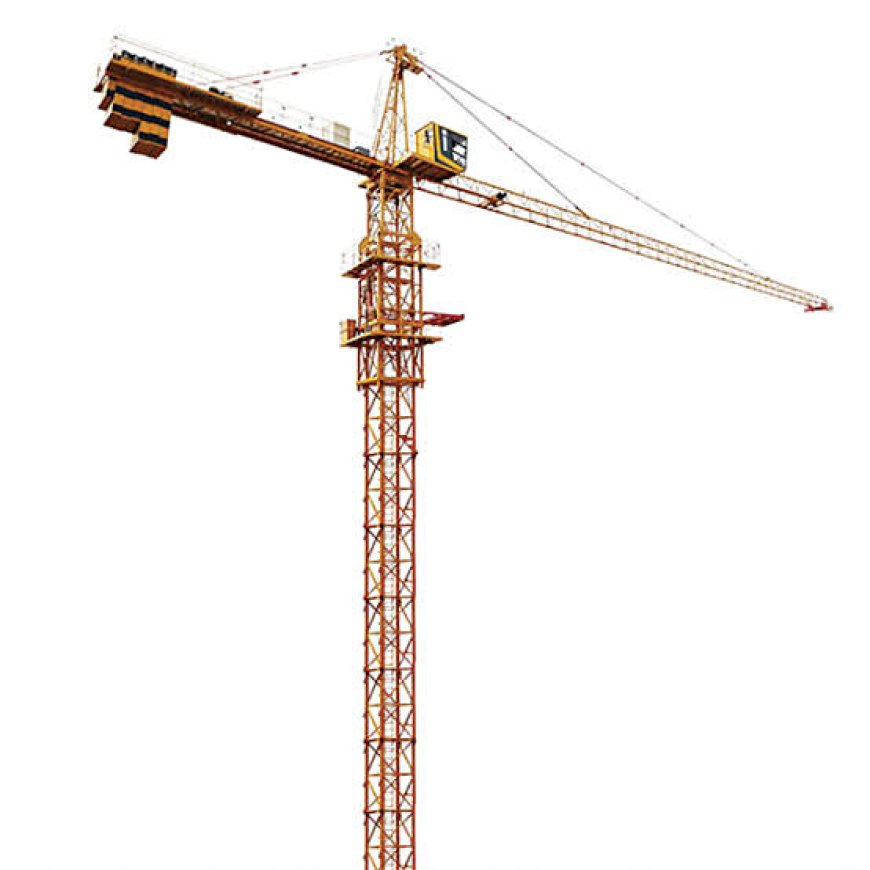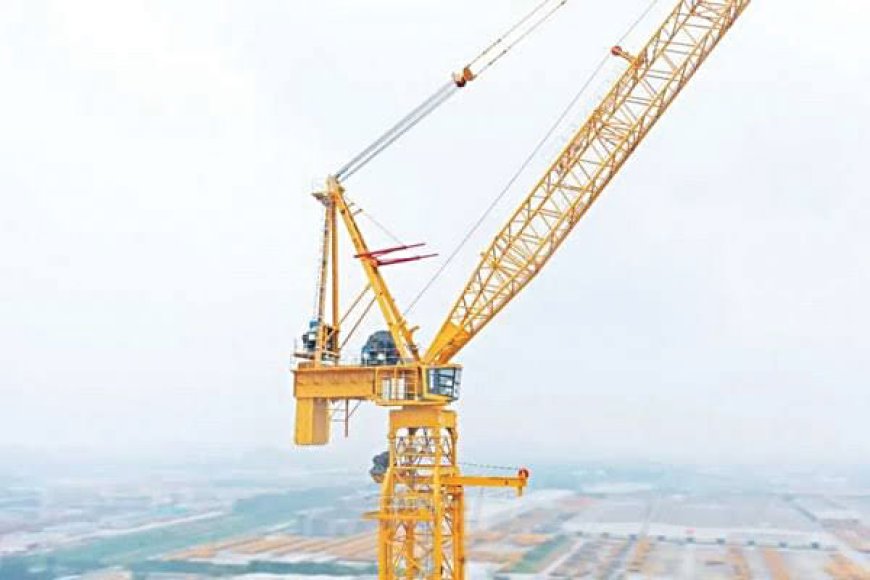SCHWING-XCMG offers tower cranes specifically designed for the unique demands of the Indian market

V.G. Sakthikumar
CMD, Schwing Stetter India
How has the demand for Tower Cranes evolved in recent years, particularly in urban construction and infrastructure projects? What are the current market trends driving growth in the Tower Cranes segment?
The demand for tower cranes has seen significant growth in recent years, especially in urban construction and large-scale infrastructure projects. Rapid urbanization, the need for high-rise buildings, and the push for better infrastructure in metros are key drivers of this demand. Tower cranes are indispensable for vertical construction, particularly in cities with space constraints. The market is also being shaped by advancements in construction technology, such as the integration of modular construction methods and the increasing focus on speed, efficiency, and sustainability in projects. This has led to the growing demand for more powerful, high-capacity, and technologically advanced cranes, such as SCHWING-XCMG’s range of tower cranes, which are built to meet the dynamic needs of urban construction environments.

Are there any particular features or models that cater specifically to the Indian market?
Yes, SCHWING-XCMG offers tower cranes specifically designed for the unique demands of the Indian market. Given the growing need for high-rise and large-scale projects, we offer models with high load capacities, extended reach, and durability to perform in challenging environments. For example, SCHWING-XCMG tower cranes feature robust designs that are well-suited for both congested urban areas and remote infrastructure projects. These models are engineered to withstand varying weather conditions, ensuring reliable performance across India's diverse climates. The flexibility in crane configurations also allows them to be deployed effectively across high-rise buildings, industrial facilities, and infrastructure projects like bridges.
Could you share details on any automation, digitalization, or remote-control features that are becoming more common in Tower Cranes?
Automation and digitalization are transforming the tower crane segment, and SCHWING-XCMG is at the forefront of this shift. Our latest tower cranes come equipped with advanced remote-control systems, enabling operators to control crane operations from a distance, which enhances safety and precision. Additionally, we are integrating telematics and IoT (Internet of Things) into our machines, offering real-time monitoring of key parameters such as load, height, and operational efficiency. This allows for predictive maintenance and minimizes downtime. The use of smart systems also ensures seamless coordination between cranes and other on-site equipment, improving project timelines and reducing operational risks.

What are the major challenges faced during the deployment and operation of Tower Cranes in complex construction environments?
One of the major challenges in deploying tower cranes in complex environments is space constraints, particularly in urban settings. This requires cranes with a smaller footprint but high performance. Another challenge is navigating obstructions such as tall buildings or uneven terrains. Additionally, weather conditions like strong winds and heavy rains can disrupt crane operations, posing safety risks. To address these challenges, SCHWING-XCMG designs tower cranes with compact bases, enhanced stability features, and wind-resistant capabilities. Our cranes also come with intelligent systems that adjust the crane’s operational parameters in real time, ensuring safer and more efficient performance, even in difficult conditions.
How do you ensure safety and compliance with regulatory standards for Tower Crane operations in urban settings?
Safety is a top priority for SCHWING-XCMG, and all our tower cranes are built in strict compliance with both local and international safety standards. Our cranes come equipped with multiple safety features, including anti-collision systems, overload protection, and wind-speed monitoring devices. Additionally, we ensure that all components undergo rigorous testing before deployment. We also provide comprehensive training for crane operators to familiarize them with safety protocols and the specific features of our machines. SCHWING-XCMG regularly collaborates with regulatory bodies to stay ahead of compliance requirements, ensuring that our cranes meet or exceed the latest safety standards in urban construction.

How are Tower Cranes being customized to meet the specific needs of various construction projects, including high-rise buildings, bridges, and industrial facilities?
Customization is key to ensuring the versatility of tower cranes across different projects. SCHWING-XCMG
offers customizable solutions, from jib lengths to load capacities, to meet the specific demands of various construction applications. For high-rise buildings, our cranes are designed with high-torque motors for faster lifting and precise positioning of heavy materials. In bridge construction, we offer cranes
with longer jib arms and higher reach to handle expansive work areas. For industrial projects, our cranes can be fitted with specialized hooks and attachments to handle non-standard loads. We also offer custom configurations to improve the efficiency of multi-crane operations on larger projects.
What kind of after-sales support do you offer to ensure optimal operation and maintenance of Tower Cranes? How important is operator training and skill development, and what initiatives do you offer in this regard?
SCHWING-XCMG places a strong emphasis on after-sales support, offering comprehensive services to ensure the optimal performance of our tower cranes. We provide regular maintenance programs, remote diagnostics through our telematics systems, and a widespread network of service centers to minimize downtime. Operator training is a crucial aspect of crane safety and performance, and we offer certified training programs for crane operators. These programs cover everything from basic operations to advanced features like remote control and digital monitoring. Additionally, we conduct workshops on safe operation practices and emergency handling to ensure that our cranes are operated efficiently and safely at all times.








